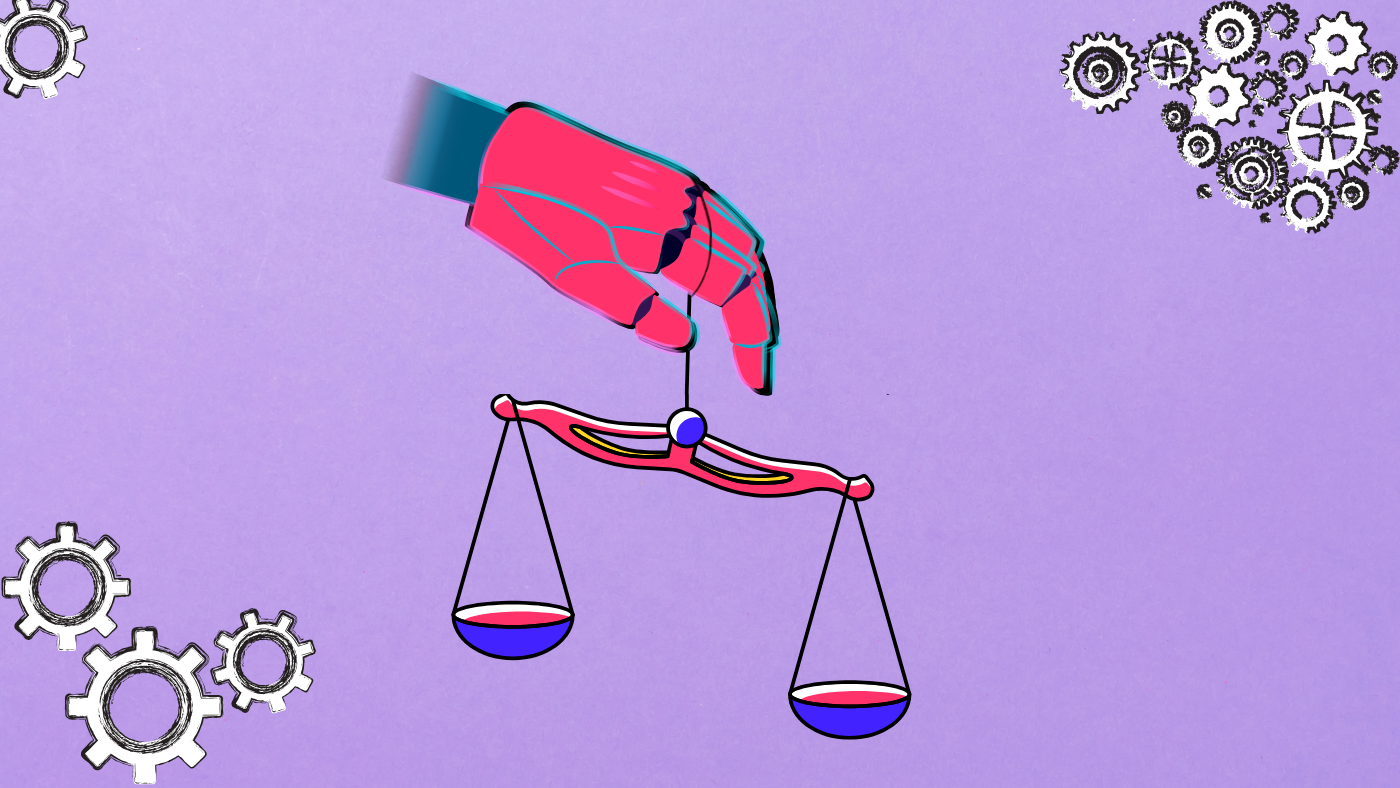AI Regulations & Laws In India: A Step Towards Ethical AI Use
October 14, 2022

Living through the COVID-19 pandemic has shown the value of technology and AI as the world becomes increasingly dependent on technology. It has also revealed a dangerous side, and regulators are responding accordingly.
Governments across the world have taken various initiatives to define the guidelines and regulations to set the path to the ethical use of AI, and provide checks on misuse of AI and its applications.
India joined the ranks of other countries regulating AI to form a protective environment. Principles for the responsible management of AI in India are aligned to the Constitution under Fundamental Rights (such as Article 14: Right to Equality; Articles 15 & 16: Right against Discrimination; Article 21: Right to Life and Healthcare; and Article 38: State Directive for Economic Equality) (Niti.gov.in, 2021) 1. As of Jan 2022, there were no specific laws in India that relate to AI, BD, or ML (Singh et al., 2022) 2.
The planning commission (Niti Aayog), the Government of India aligns its policy imperatives for the management of AI to oversee issues regarding the modification of intellectual property law; legal data privacy network/s to protect human rights/privacy, and evaluate sectoral regulatory guidelines encompassing privacy/security/and ethics. Niti Aayog published Responsible AI approach documents 3 in collaboration with the World Economic Forum Centre for the Fourth Industrial Revolution. NITI Vice Chairman Dr Rajir Kumar mentioned that the Approach Document "aims to establish broad ethics principles for design, development, and deployment of AI in India," in the paper's foreword. AI regulations must be designed to include FAT (fairness, accountability, transparency) or FATE (fairness, accountability, transparency, and ethics) to ensure the responsible, ethical, safe, and accountable deployment of AI tools (Aashna, 2021). 4
The Indian Government proposes to hold a Security Council Counter-Terrorism Committee (CTC) meeting to discuss ways to tackle the danger of terrorists exploiting emerging digital technologies, from crypto and NFTs to 3D-printing and AI comprehensively (Indiatimes.com, 2022)5. Further, recognising that offences in the online world, including social media platforms, can be unique with no equivalent in the offline world. The Ministry of Electronics and IT (MeitY) is considering regulation of "deliberate" misinformation and doxingas offences under fresh legislation, which is expected to replace the Information Technology Act, 2000 (Barik, 2022 ).6
Let’s take a look at AI policy initiatives in India , categorized by policy instruments:

The Union Ministry of Commerce and Industry, in 2017, set up an ‘AI Task Force’ 7 for creation of policy and legal framework for deployment of AI technologies, and provide recommendations for government, industry, and research programs. To date, India doesn’t have any specific law for data protection yet has provisions for safeguarding personal information u/s 43A and u/s 72A of the Information Technology act. The same gives a right to compensation for improper disclosure of personal information, similar to GDPR (Chowdhary, 2022)8.
While there has been profound focus on development of AI and its applications, the Indian Government is now speeding up to formulate laws, policies and clear guidelines for regulating and governing AI.
To understand policies and regulations around AI usage in other geographies, download our whitepaper.

References:
1. Niti.gov.in, 2021 https://www.niti.gov.in/sites/default/files/2022-02/Annual_Report_2021_2022_%28English%29_22022022.pdf
2. Singh et al., 2022 https://www.globallegalinsights.com/practice-areas/ai-machine-learning-and-big-data-laws-and-regulations/india
3. Responsible AI approach documents https://www.niti.gov.in/sites/default/files/2021-02/Responsible-AI-22022021.pdf
4. Aashna, 2021 https://blog.ipleaders.in/artificial-intelligence-ethics-law/
5. Indiatimes.com, 2022 https://timesofindia.indiatimes.com/gadgets-news/india-proposes-unsc-counter-terror-panel-meet-on-misuse-of-new-technologies/articleshow/91758206.cms
6. Barik, 2022 https://indianexpress.com/article/technology/tech-news-technology/new-it-act-looks-to-rein-in-deliberate-misinformation-8027748/
7. 'AI Task force https://indiaai.gov.in/government/ministry-of-commerce-and-industry
8. Chowdhary, 2022 https://www.legalserviceindia.com/legal/article-8171-artificial-intelligence-and-laws-in-india.html
SHARE THIS
Discover More Articles
Explore a curated collection of in-depth articles covering the latest advancements, insights, and trends in AI, MLOps, governance, and more. Stay informed with expert analyses, thought leadership, and actionable knowledge to drive innovation in your field.

Is Explainability critical for your AI solutions?
Schedule a demo with our team to understand how AryaXAI can make your mission-critical 'AI' acceptable and aligned with all your stakeholders.



















.png)

.png)
%20AryaXAI%20blog.png)


